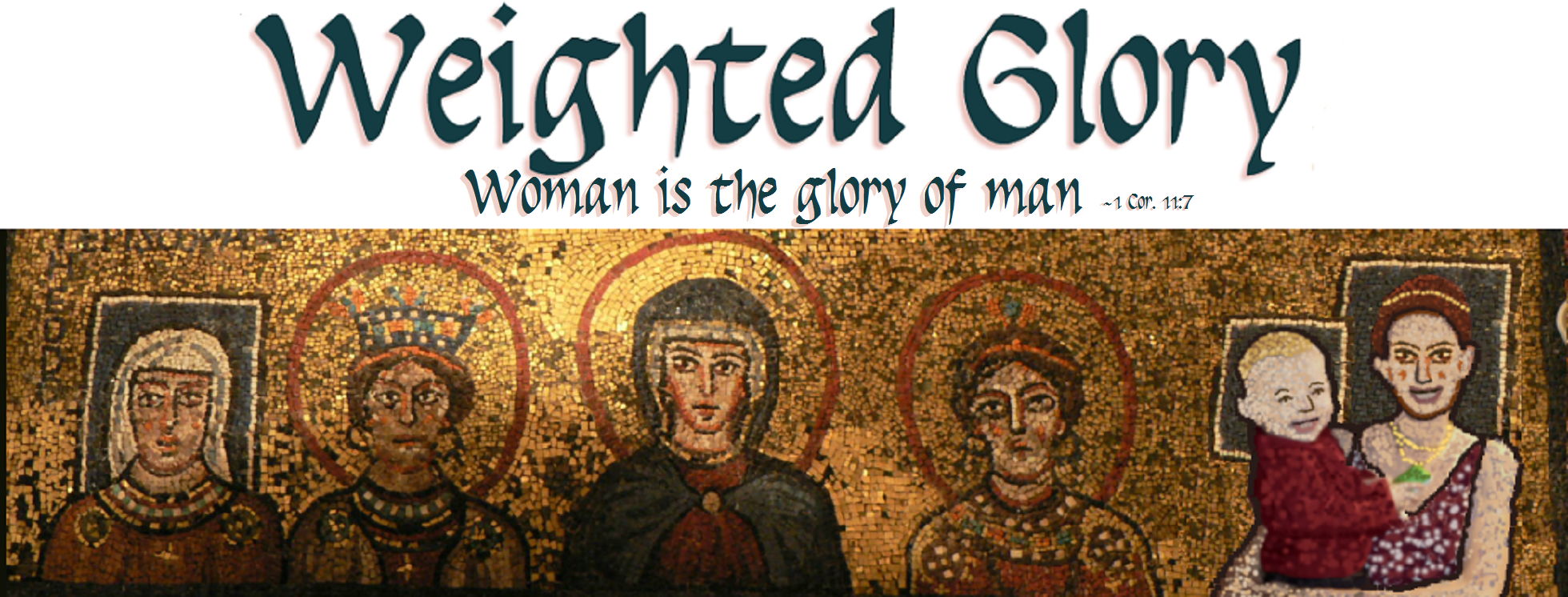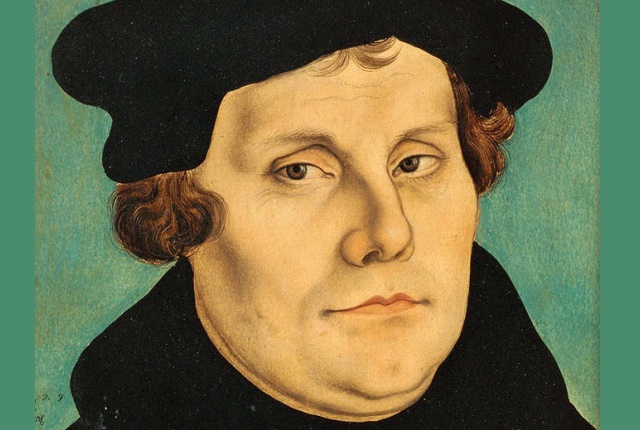 In September 2016, I submitted a guest post to Jory Micah’s Breaking the Glass Steeple blog called “Should an Egalitarian Date a Complementarian?” The post was a partial response to two posts John Piper had made on the subject earlier that year. Jory’s blog is now defunct and her social media posts indicate she no longer has any interest in the comp-egal debate, so I am re-posting the original essay here, with some minor changes.
In September 2016, I submitted a guest post to Jory Micah’s Breaking the Glass Steeple blog called “Should an Egalitarian Date a Complementarian?” The post was a partial response to two posts John Piper had made on the subject earlier that year. Jory’s blog is now defunct and her social media posts indicate she no longer has any interest in the comp-egal debate, so I am re-posting the original essay here, with some minor changes.
While my original post talked about a certain complementarian ex-boyfriend (a man I had been dating in 2015), what it did not mention was that I was already dating a complementarian. In March 2016, a complementarian man living in Minneapolis decided to perform a search on OKCupid for any high match for him regardless of distance. The top result was me, an egalitarian woman living in Chicago. We were a 99% match, each of us having answered hundreds of questions on the site, questions about race, religion, politics, gender, marriage, and children. We were even both raised in Alaska and had spent part of our lives in the Puget Sound area of Washington state. The only problem was—as I said in my original article—I had recently changed my OKC profile to make it very clear that I was egalitarian and that wasn’t going to change, so any complementarian gentlemen callers needed to be willing to compromise or move along.
The man looked at my profile for several days and went back and forth about contacting me. Finally, he thought, “She isn’t going to write me back anyways,” and he shot his shot.
He was incorrect. I wrote him back within the hour. The date was March 16th, 2016—the same day I turned in the defense copy of my master’s thesis and fixed my nose. I had just gotten back from the hospital when I came home to his message.
We were married on June 16th, 2018. We’ve been married over five years now.
Our courtship did involve some tough conversations on what we thought of gender and the church. I made it clear that, at a minimum, I expected us to attend a church with female deacons, and I expected us to attend a church that would nourish my gifts for teaching. I also made it clear that if I ever preached or served as an elder, pastor, deacon, or chaplain, I expected him to be supportive. Finally, I made sure he understood his only authority over me was persuasion, that I was not going to look to him as the sole leader of our home, and that we needed to work through disagreements with conversation and reason. He was welcome to believe whatever he wanted about men and women and gender roles, so long as he was willing to make some compromises about how we ran our family and where we went to church.
It’s been seven years since we first said “yes” to dating across the comp-egal divide and we are both deliriously happy. My husband no longer identifies as a complementarian, but I believe we would be making this marriage work even if he did. I’m glad I took my own advice and was open to dating a complementarian.
Original Post — 09/16/2016
Complementarian pastor and theologian John Piper tackled this issue earlier this year, and for once, I largely agree with him. It is a bad idea for an egalitarian and a complementarian who are firmly wedded to their ideals to date.
This is just good advice for religious dating in general—don’t date someone who disagrees with you on things that mean a lot to you (and that’s going to be a different list for every person)—but it especially applies to views on gender roles.
How is there not supposed to be resentment in a relationship when he thinks she should submit to his leadership and she thinks Ephesians five wives should only exist in dark corners of the modern world along with Ephesian six slaves? (I am, for the time being, assuming a male complementarian and a female egalitarian; I’ll get to the opposite at the end of this post.)
Somebody then wrote in to ask, what should you do if you’re a complementarian who is already married to an egalitarian?
On this account, Piper’s response is far less useful. He advises for a prickly situation wherein the husband continues to exercise leadership in the home by calling Bible studies and prayer meetings with the children, leaving the wife in the uncomfortable position of having to either submit to his leadership or stew by herself somewhere else.
This bizarre scenario doesn’t answer a host of important questions in navigating a complementarian-egalitarian relationship, such as:
- What church will the family attend?
- Will it have female deacons, elders, or pastors?
- How will decisions be made?
- How will disagreements be settled?
- Is the complementarian husband going to support his egalitarian wife if she is called to serve as a deacon or elder at her local church, or if she chooses to become a pastor or chaplain?
- What happens if the egalitarian wife beats her husband to initiating and leading family Bible studies? Does he engage with her in co-leading the family meetings, or is he the one stewing with resentment elsewhere?
Egalitarians and complementarians who marry each other only have three options:
(1) compromise on their principles
(2) live and let live
(3) part ways
Either one or both of you agrees to sacrifice some of your egalitarian/complementarian principles for the sake of the marriage, or you live separately and apart in what is effectively an interfaith marriage, or it doesn’t work out.
For me, the question of whether I would date a complementarian comes down to what kind of complementarian he is.
Marriage at the Crossroads was a 2009 book by William & Aida Spencer (an egalitarian couple) and Steve & Celestia Tracy (a soft complementarian couple). There was not a lot of practical difference between how the couples ran their marriages.
As one reviewer said, “In many respects the differences between the Spencers and the Tracys appear to be more semantical than actual, as there are several shared sentiments. ‘If we didn’t know better, we would say we had read each other’s chapters because they have each similar and overlapping content’ (p. 182).”
So I could see a marriage between an egalitarian and a Craig Blomberg [1] complementarian working out with little issue—so long as the couple could come to agreement on a church home—while a marriage between an egalitarian and a Paige Patterson complementarian would be doomed.
Last year [in 2015], I wound up dating someone who eventually proved to be the equivalent of a hard complementarian.
I reached a point where I asked him, if things ever worked out, would we be able to compromise on a church to attend together given our different feelings on gender and ministry? I suggested the example of an Anglican church I knew of that had female deacons and female “pastors,” but not female elders or priests.
His response? “I am NOT going to compromise on God’s standards!” I realized there was no way I was going to be with someone who wouldn’t attend church with me or be fully supportive of me if I ever became an elder, a deacon, or a chaplain, and this became one of several reasons that I ended the relationship. (This man had also been sexually active with every girlfriend he had ever had prior to me, while I had always insisted on saving sex for marriage. It grieved me that his interpretation of 1 Tim 2:12 somehow meant more to him than what’s plainly written in 1 Cor 6:18-20.)
My advice to egalitarians who are debating whether to date a complementarian is to know and be up-front about their deal-breakers. I wound up changing my profile on the dating site to be very specific about my feelings on gender and how I wouldn’t date Christians who were strong believers in traditional gender roles.
I have only been addressing the scenario of a female egalitarian dating a male complementarian. What about the opposite, a male egalitarian dating a female complementarian?
I think this is potentially less of an issue because they have a loophole: so long as they mutually agree that the husband is going to lead, and the husband is willing to take the lead, neither one is compromising his/her principles.
There may still be some disagreement about where the couple goes to church and whether the church will have female deacons, elders and pastors, but if the female partner is a good complementarian, shouldn’t she be submitting to her husband’s desire to attend an egalitarian church? Problem solved.
[1] With apologies to Craig Blomberg, who probably never expected to be made into a dating-adjacent term!




1 Comment on Dating a Complementarian?: A Repost and Retrospective